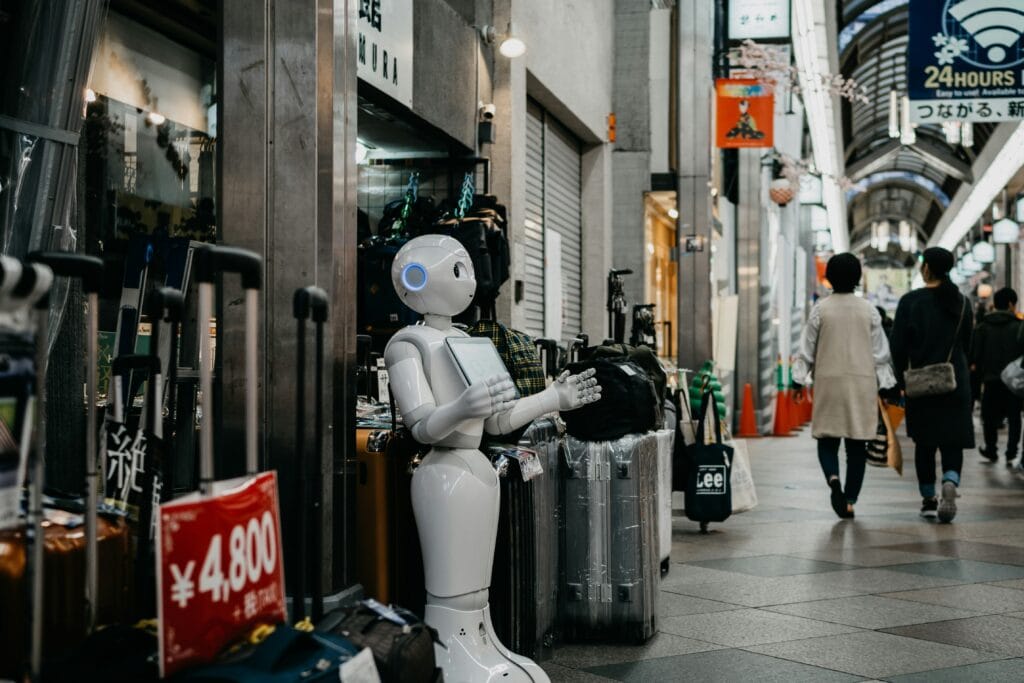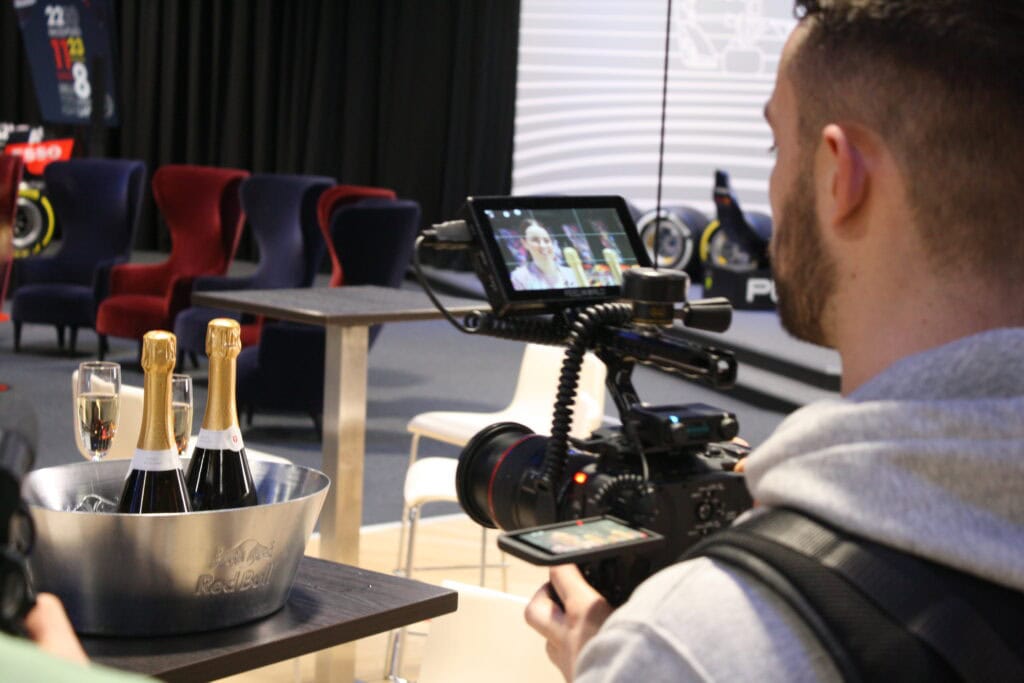
unlocking accessibility in learning and development in 2024
The pursuit of learning and development within modern organisations has evolved into a cornerstone for both individual growth and operational success. As we delve deeper into 2024, the issue of accessibility within organisations has taken centre stage, reshaping the way learning is perceived, accessed, and utilised for everyone to succeed.
According to recent studies conducted by the World Economic Forum and McKinsey & Company, the overwhelming majority of employees cite accessibility to learning and development opportunities as a pivotal factor influencing their job satisfaction and professional growth. Surprisingly though despite this recognition, a significant portion of the global workforce still faces barriers hindering their access to learning resources, ranging from logistical constraints, lack of knowledge about learning styles, all the way to informational disparities and outdated standards.






